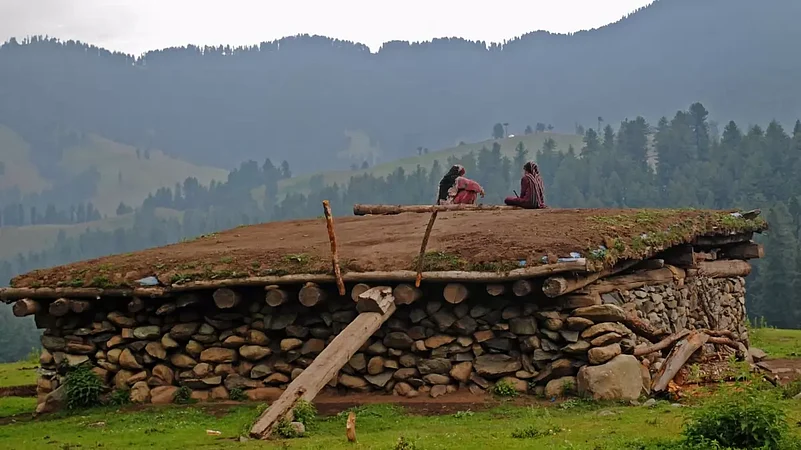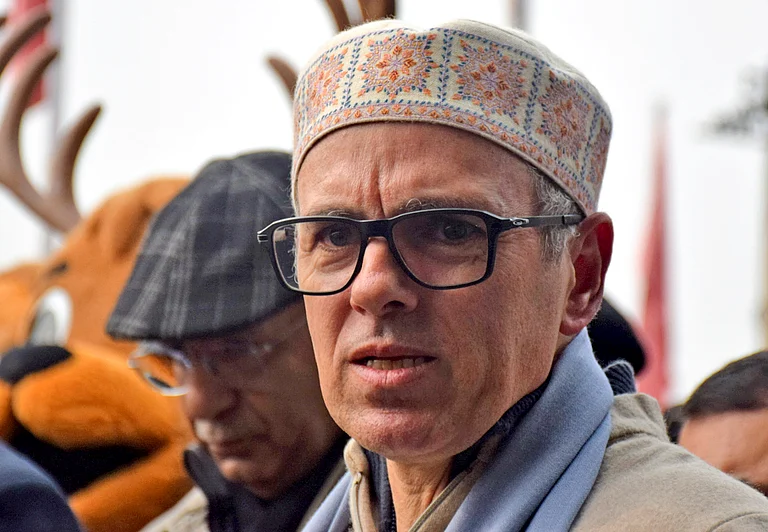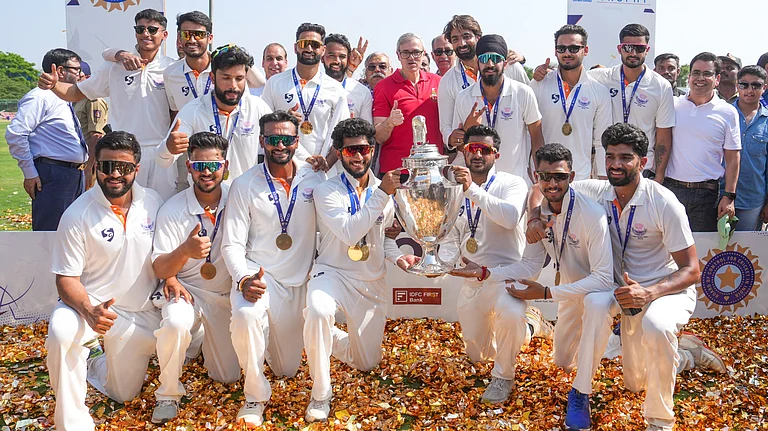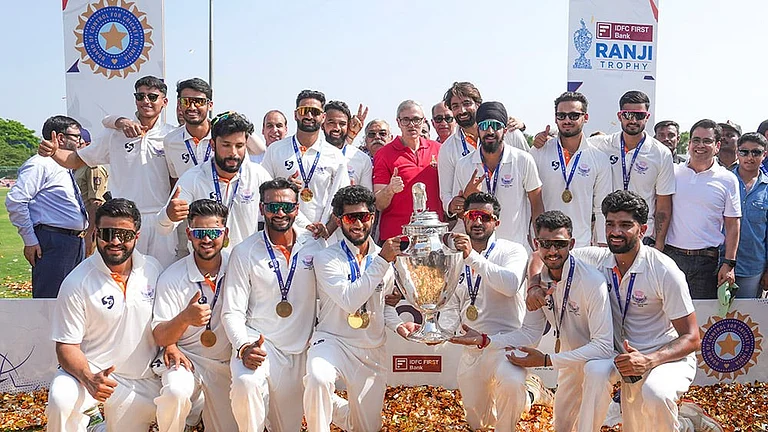The notion of gender discrimination is nothing new for an average Indian to know of. As members of the larger society, some of us have been discriminated against based on gender. Others are the ones against whom the rest of us have been discriminated, again, because of gender. In a society where there are roots of patriarchy and gender biases, the instances of gendered discrimination are everywhere. The only thing needed is a sharp eye to look through the routine events of the day. There are always big or small or essential or subtle manifestations of gender discrimination on display.
Recently, we have been off to the frontiers of the Kashmir region doing the survey of the Gujjar and Bakar tribes of Jammu and Kashmir as a part of our ICSSR Project on the Janjatis of India. Our experiences in the field have been diverse and yielding. Mostly, we have been coming across people who are friendly and happy to talk. We have been engaged in several conversations with the Gujjars and Bakarwals, the largest two tribal groups of Jammu and Kashmir.
We surveyed one of the far-flung areas of the renowned Pahalgam region of Kashmir Valley. While to the rest of the world, Pahalgam is counted among the most aesthetic and scenic tourist destinations, we, as the researchers on the field, got to see the other not-so-bright aspects of the region. Pahalgam has the most state-of-the-art hotels and facilities for tourists. Pahalgam also has a considerable number of Tribal people forming its citizenry.
During the field survey in Pahalgam, we came across three siblings. While the elder two were girls (10 & 12), the younger one was a boy named Mushtaq (08). The first thing we got to observe was the shoes the siblings were wearing. While Mushtaq flaunted nice sports shoes, his sisters wore shabby plastic boots.
Globally, studies have validated the negative impact of gender discrimination on the personality of individuals, especially those residing within the same household. The household is expected to be the basic unit of welfare. Within households where gender discrimination is a practised and normalised exercise, the discriminated members get further isolated and marginalised. While our observation started with the difference in the shoes the siblings wore, taking the conversation further with the kids, several other things surfaced.
The girls go to a local government school. Mushtaq goes to a private school. We asked the kids if we gave them ₹5000 each, what would they do? Mushtaq said he would get a new bike. The girl said they would want to buy themselves notebooks, some books, pencils, pens, and other essential study items. Upon digging down a bit deeper, we tried to know about the books and stationery accessible to the kids. Mushtaq was very much content with the books and notebooks he had. He had no complaints about pencils, erasers, or sharpeners. Girls, on the other hand, confirm that they often get scolded, if not beaten, by the teachers for not having adequate notebooks and other classroom-related items with them.
Asking about a day in their life, it turned out that the girls do a lot of household chores. They cook, they clean, they wash clothes. They work in the kitchen garden and look after the cattle.
Devote a limited time of the day and “learn” the lessons taught in the school. They also get firewood for cooking.
Mushtaq is not bothered by any of these chores. The day we were there was a Sunday. Mushtaq was there only because he had heard some people had come from the city. It was a means of entertainment that Mushtaq thought could be of use. And that’s why he had become a part of our micro procession. As we moved out of the place, Mushtaq said that he was off playing cricket with his friends.
On the aspirations part, girls had no answer for us. On the other hand, Mushtaq was vocal in announcing that he wanted to be a doctor.
The tribal community, in general, is considered a marginalised fraction of society across the whole country. Women within the tribal community are even more relegated. These women are a unique group of disregarded people within the broader marginalised class of the tribal populace in general. A more alarming realisation is the fact that it is very much a normalised acceptance in these communities. While the country's government is trying to help this community overcome marginalisation, women's empowerment in this group would require a more profound and informed structural transformation. They need to be made aware and educated, starting immediately. They simultaneously need to be decidedly sensitised and incentivised. Education and educational resolutions are in no way to be seen as the aspirations of women within this community. The transformation needs to be initiated from within the tribal communities.
The country can’t afford Mushtaq and his sister’s case to be replicated across the coming generations.

























